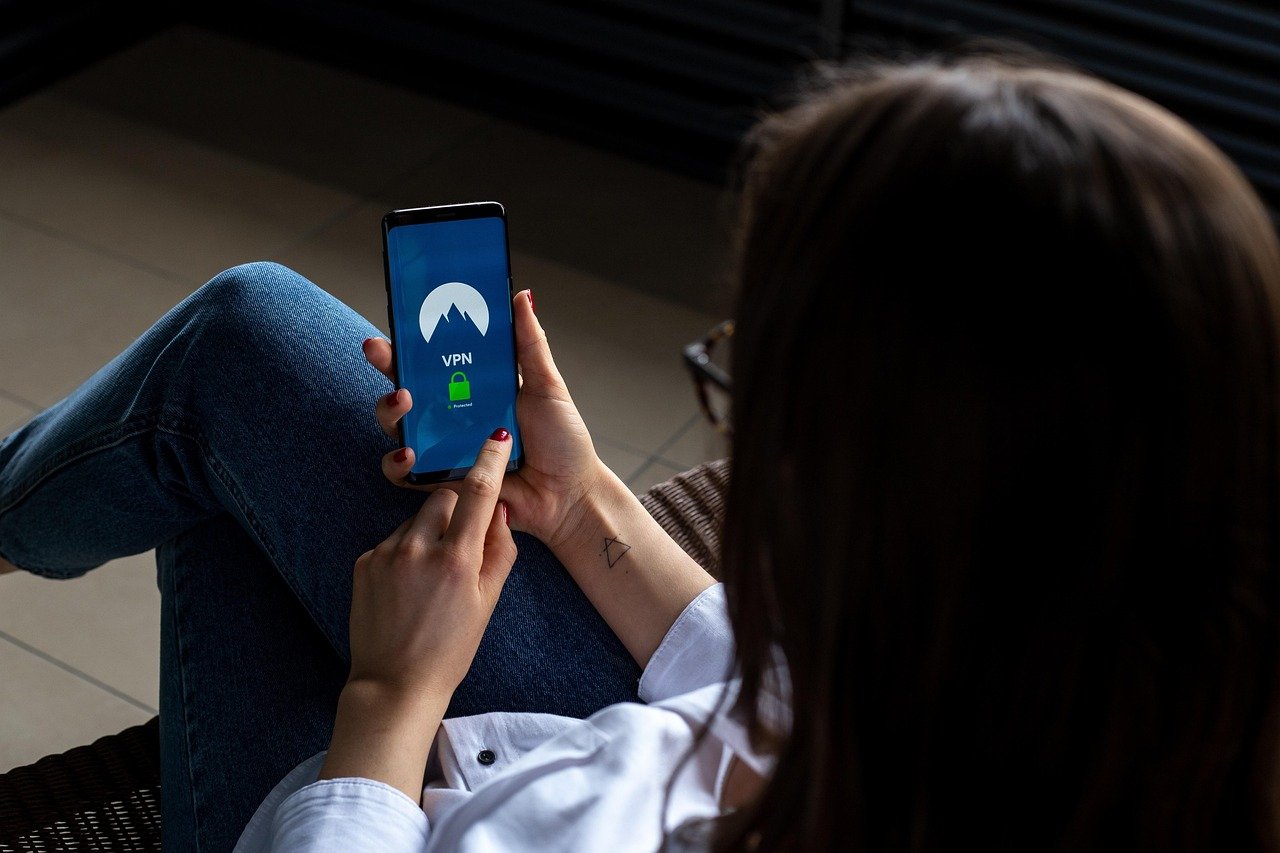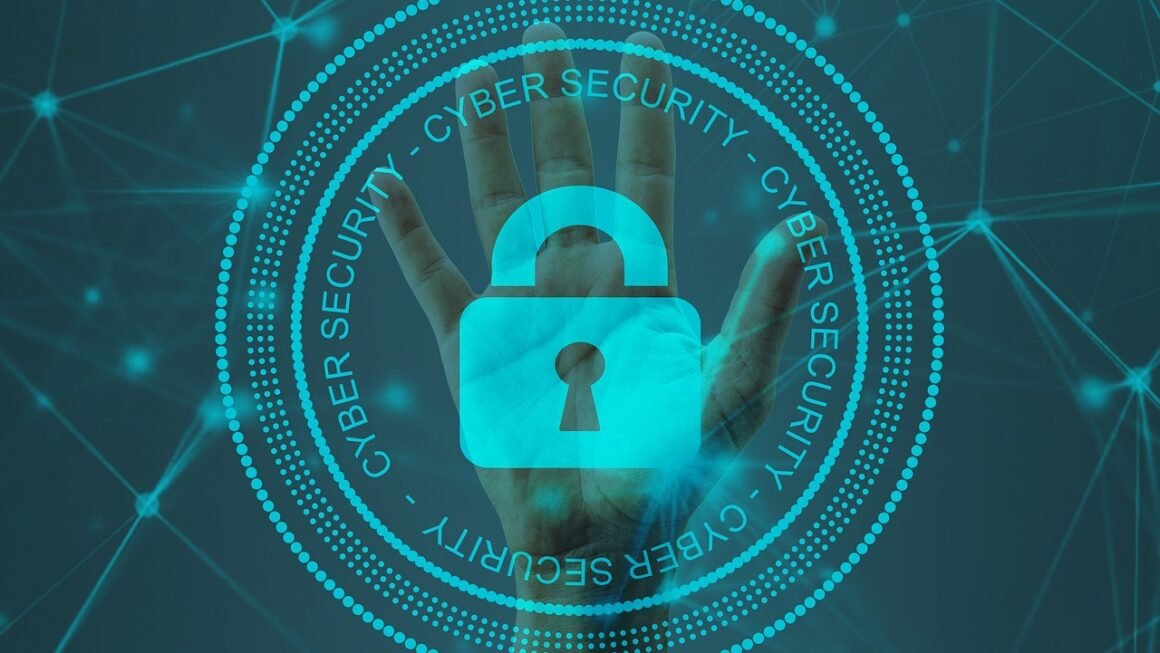In today’s digital age, online privacy and security are paramount. With increasing concerns about data breaches, surveillance, and geo-restrictions, a Virtual Private Network (VPN) has become an essential tool for individuals and businesses alike. This comprehensive guide explores the world of VPNs, delving into their functionality, benefits, and how to choose the right one for your needs.
What is a VPN and How Does it Work?
Understanding VPN Fundamentals
A Virtual Private Network (VPN) creates a secure, encrypted connection over a less secure network, such as the public internet. Think of it as a private tunnel for your internet traffic. When you connect to a VPN server, your internet traffic is routed through this encrypted tunnel, masking your IP address and protecting your data from prying eyes.
- IP Masking: A VPN hides your real IP address, replacing it with the IP address of the VPN server. This makes it difficult for websites and trackers to identify your location.
- Encryption: Data transmitted through the VPN tunnel is encrypted, making it unreadable to unauthorized parties. This protects sensitive information like passwords, financial details, and personal communications.
- Secure Connection: By establishing a secure connection, a VPN prevents eavesdropping and man-in-the-middle attacks on public Wi-Fi networks.
The Technical Process Explained
The process of using a VPN can be broken down into these steps:
For example, if you’re in London and connect to a VPN server in New York, websites will see your location as New York. This can be useful for accessing region-locked content or bypassing censorship.
Benefits of Using a VPN
Enhancing Online Privacy
- Data Protection: A VPN encrypts your internet traffic, protecting your personal data from hackers, snoopers, and government surveillance. According to a recent study, data breaches cost companies an average of $4.24 million. Using a VPN can help mitigate the risk of data breaches.
- Anonymity: By masking your IP address, a VPN makes it more difficult for websites and trackers to identify your location and browsing habits.
- Preventing Targeted Advertising: VPNs can prevent targeted advertising by masking your IP address and making it harder for advertisers to track your online activity.
Boosting Security
- Securing Public Wi-Fi: Public Wi-Fi networks are notoriously insecure. A VPN encrypts your traffic, protecting you from hackers on public Wi-Fi hotspots.
- Preventing Man-in-the-Middle Attacks: A VPN prevents attackers from intercepting your data in transit.
- Bypassing Firewalls and Censorship: In some countries, governments restrict access to certain websites and services. A VPN can bypass these restrictions by routing your traffic through a server in a different location.
Accessing Geo-Restricted Content
- Streaming Services: Many streaming services like Netflix, Hulu, and BBC iPlayer offer different content libraries in different regions. A VPN allows you to access content from other regions by connecting to a server in that region. For example, you can use a VPN to watch US Netflix from the UK.
- Bypassing Censorship: A VPN can be used to bypass internet censorship and access information that is blocked in your country.
- Travel: When traveling abroad, a VPN can allow you to access your favorite websites and services as if you were still at home.
Choosing the Right VPN: Key Considerations
Security and Encryption Protocols
- Encryption Standards: Look for VPNs that use strong encryption standards like AES-256.
- VPN Protocols: Common VPN protocols include OpenVPN, IKEv2, WireGuard, and L2TP/IPsec. OpenVPN and WireGuard are generally considered the most secure.
- Leak Protection: Ensure the VPN offers leak protection to prevent IP address or DNS leaks.
Server Locations and Speed
- Server Locations: Choose a VPN with servers in the locations you need.
- Speed and Bandwidth: Look for a VPN with fast connection speeds and unlimited bandwidth. Read reviews and run speed tests to assess the VPN’s performance.
- Server Load: Check the server load of the VPN servers. Overloaded servers can lead to slow speeds.
Privacy Policy and Logging Practices
- No-Logs Policy: Choose a VPN that has a strict no-logs policy, meaning they don’t track or store your browsing activity.
- Jurisdiction: Consider the jurisdiction of the VPN provider. VPNs based in countries with strong privacy laws are generally preferred.
- Independent Audits: Look for VPNs that have undergone independent audits to verify their no-logs policy.
Features and Compatibility
- Kill Switch: A kill switch automatically disconnects your internet connection if the VPN connection drops, preventing your data from being exposed.
- Multi-Device Support: Ensure the VPN supports multiple devices and operating systems.
- Customer Support: Choose a VPN with responsive and helpful customer support.
Pricing and Subscription Plans
- Free vs. Paid VPNs: While free VPNs may seem appealing, they often come with limitations and security risks. Paid VPNs generally offer better security, speed, and features.
- Subscription Plans: Compare the pricing and features of different subscription plans. Longer-term subscriptions often offer better value.
- Money-Back Guarantee: Look for VPNs that offer a money-back guarantee. This allows you to try the VPN risk-free.
Setting Up and Using a VPN
Installing the VPN Client
Most VPN providers offer dedicated apps for various devices and operating systems. The installation process is usually straightforward:
Connecting to a VPN Server
Best Practices for VPN Usage
- Always Connect to a VPN on Public Wi-Fi: Protect your data when using public Wi-Fi hotspots.
- Choose a Secure VPN Protocol: Use OpenVPN or WireGuard for the best security.
- Enable the Kill Switch: Prevent data leaks if the VPN connection drops.
- Regularly Update the VPN App: Keep your VPN app up to date to ensure you have the latest security features.
Conclusion
In conclusion, a VPN is a powerful tool for enhancing your online privacy and security. By understanding how VPNs work, their benefits, and how to choose the right one, you can protect your data, access geo-restricted content, and enjoy a safer online experience. Remember to prioritize security, privacy, and performance when selecting a VPN provider. With the right VPN, you can take control of your online presence and browse the internet with confidence.



